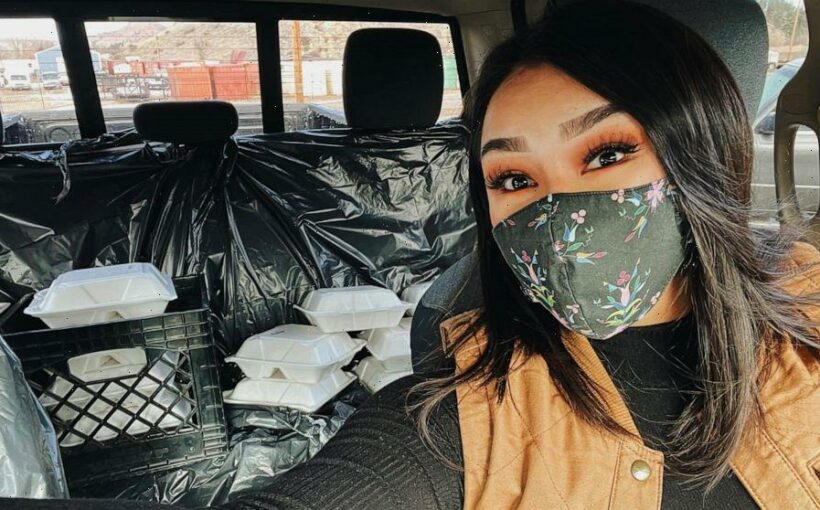A 24-year-old councilwoman for the Northern Cheyenne Tribe in Montana was beaten, robbed and “left for dead” last week, according to the local police department and her family members.
Silver Little Eagle was transported to a medical facility after officers were dispatched to the Crowne Plaza Hotel on the morning of May 16 in response to reports of an assault of a woman. Little Eagle suffered injuries, which her family said were “severe,” and her car and other personal belongings were missing, according to the Billings Police Department.
“Had Councilwoman Little Eagle not been found by a family member, it is very likely she would have died from this violent attack,” a statement from the family read.
An unidentified 31-year-old man also reported being assaulted at the same time and place as Little Eagle, according to the police department.
Little Eagle was a write-in candidate in the 2020 council election and was voted onto the historic all-women slate of elected council members. She’s also Northern Cheyenne’s youngest councilwoman, according to Western Native Voice.
Members of the Northern Cheyenne tribal council refused or did not respond to ABC News’ requests for comment.
More than four in five American Indian and Alaska Native people have experienced violence in their lifetime, according to a 2016 study by the National Institute of Justice.
For women, the threat of violence is heightened. The Centers for Disease Control and Prevention reported that homicide is the third-leading cause of death among American Indian and Alaska Native women aged 10 to 24.
“When this happens to Native women, it should be taken very, very seriously,” Goldstein Little Eagle said. “I’m hoping that her story someday will help someone, and when things happen in the future, that they won’t pushed under the rug.”
On some reservations, the Justice Department reports that Native women are victims of murder at rates over 10 times the national average. They are roughly 2.5 times more likely to be victims of rape or sexual assault than the general population of women in the U.S.
Patrick Yawakie, a co-founder of the Montana Missing and Murdered Indigenous Peoples advocacy organization, said there needs to be more funding and support behind the movement to address these incidents sooner and end the crisis.
“There’s a lack of infrastructure that’s needed so that the jurisdictions of tribal, federal, state and local police have the ability to work together,” Yawakie said.
In April, Interior Secretary Deb Haaland launched an investigative unit with the Bureau of Indian Affairs to address the crisis and the lack of funding. The unit aims to investigate thousands of unsolved cases of missing and murdered Native Americans.
“Violence against Indigenous peoples is a crisis that has been underfunded for decades,” Haaland said in a statement. “Whether it’s a missing family member or a homicide investigation, these efforts will be all hands on deck.”
Source: Read Full Article
